This year, 10 Polish researchers received ERC 2023 grants. 8 of them are from the University of Warsaw and the other two are from the Wroclaw University of Science and Technology and the Warsaw University of Technology. The list of winners includes: Prof. Piotr Skowron, dr. Agnieszka Brylak, dr. Łukasz Sterczewski, prof. Maciej Trusiak, prof. Katarzyna Marciniak, prof. Piotr Sankowski, prof. Ewa Szczurek, prof. Szymon Toruńczyk, prof. Paweł Caputa and prof. Magdalena Wojcieszak.
In addition, 3 researchers received ERC 2022 grants in 2023. They are: prof. Magdalena Król from the Warsaw University of Life Sciences, dr. Michał Drahus from the Jagiellonian University, dr. hab. Artur Obłuski from the University of Warsaw.
European Research Council (ERC) grants are prestigious awards given to ground-breaking research in a chosen scientific area. They are awarded by the European Union’s independent agency, the European Research Council, in five categories: ERC Starting Grant, ERC Consolidator Grant, ERC Advanced Grant, ERC Proof of Concept and ERC Synergy Grants.
ERC Starting Grants winners (2023)
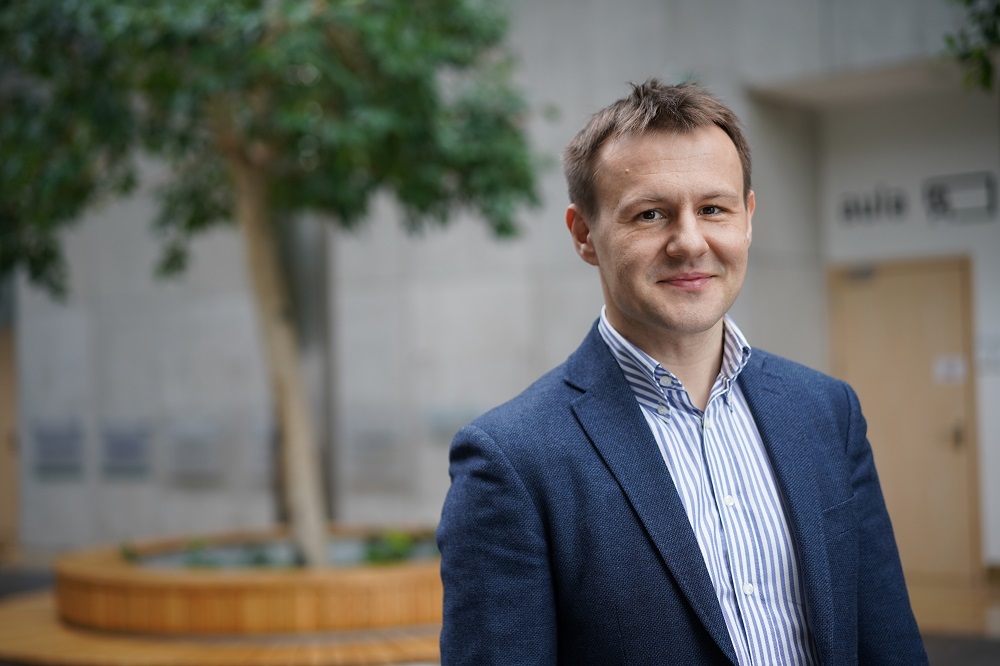
ph: University of Warsaw
Prof. Piotr Skowron from the Faculty of Mathematics, Informatics and Mechanics, University of Warsaw received ERC Starting Grants for project “Proportional Algorithms for Democratic Decision” (PRO-DEMOCRATIC).
The project “Proportional Algorithms for Democratic Decision” is set in the field of computational social choice. Its main goal is to analyse formal models describing scenarios, where a group of individuals disagrees on certain matters, yet needs to make a collective decision. This can be observed, for example, in the elections of representative bodies or in participatory budgeting. In addition, proportional algorithms can be used for selecting nominees for an award or for selecting validators in consensus protocols, such as the blockchain.
Amount of funding: €1,479,938.
More information on the project and Prof. Skowron’s research >>
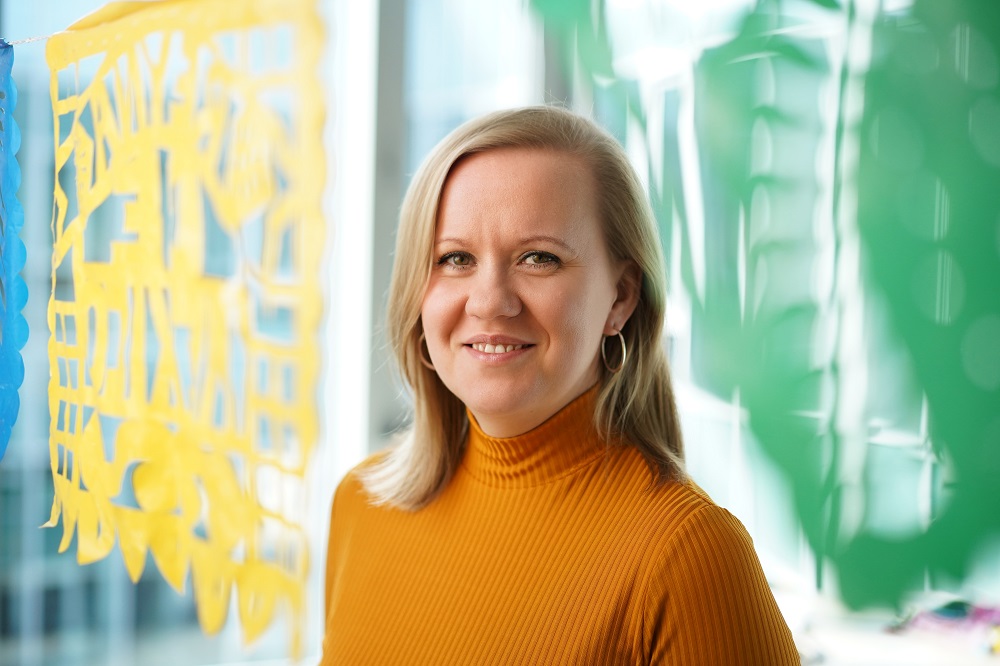
ph: University of Warsaw
Dr Agnieszka Brylak from the Faculty of Modern Languages, University of Warsaw recieved ERC Starting Grants for project “The concept of teotl: a complex approach to the principal religious category of pre-Hispanic Central Mexico”.
The main goal of the project is to unfold the notions of the pre-Hispanic Nahua principal religious category teotl by analysing its four crucial aspects. The first one concerns the revision and deconstruction of the “Aztec pantheon”, a complex of deities, for centuries framed in terms of Graeco-Roman models. The second studies teotl in relation to other religious categories. The third aspect concerns a philological analysis of terms and expressions in historical Nahuatl (as documented in 16th–18th century sources) which contain the stem teo. The fourth focuses on how the notion of teotl was appropriated by the colonial Christian discourse in Nahuatl.
Amount of funding: €1,499,925
More information on the project and Dr Brylaks’ research >>
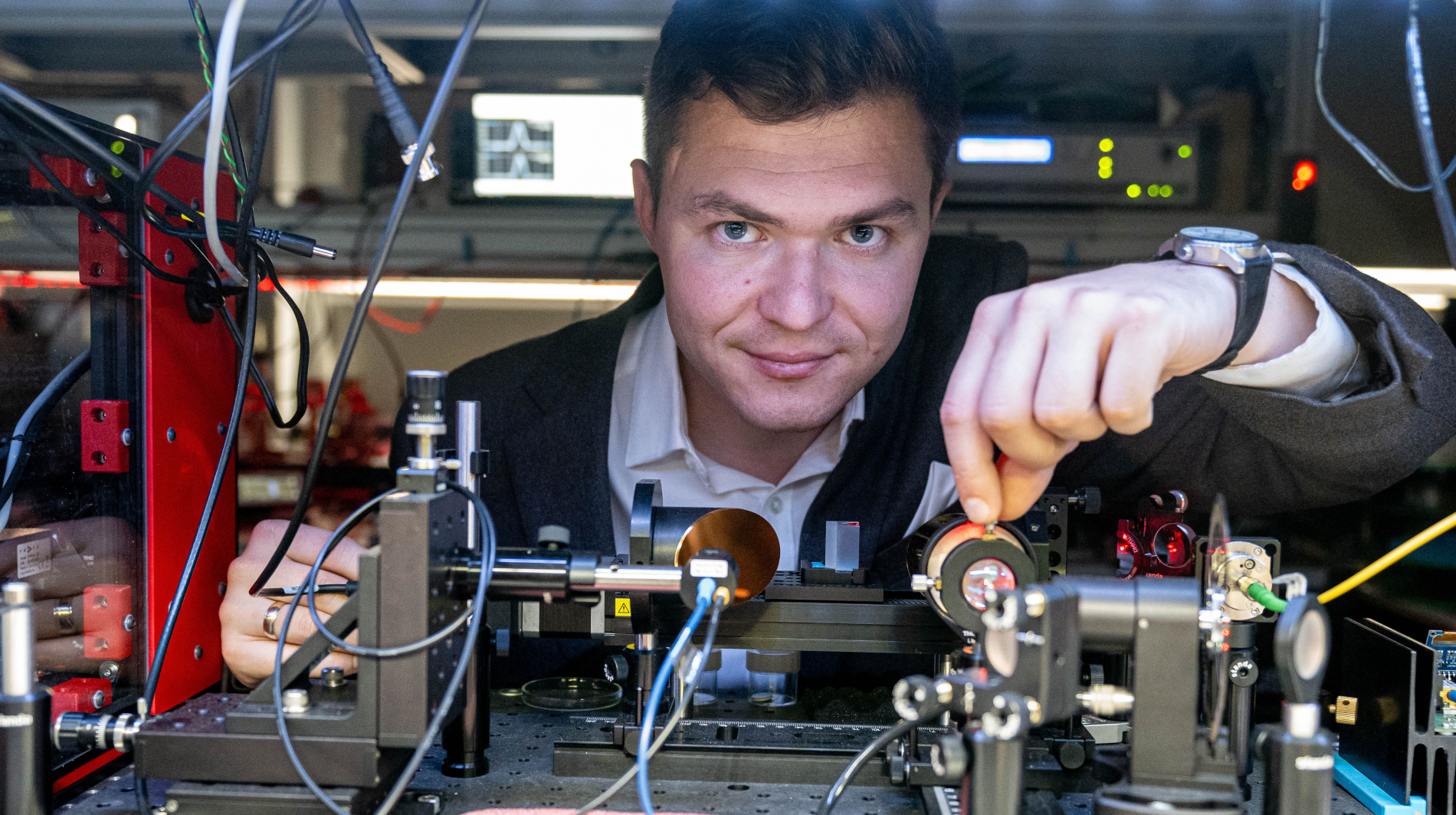
ph: Wrocław University of Science and Technology
Łukasz Sterczewski, PhD, Eng. from the Faculty of Electronics and of the Wrocław University of Science and Technology recieved ERC Starting Grants.
Dr Sterczewski with his team will work on a project devoted to terahertz spectrometers based on integrated optical frequency combs, which are able to work at room temperature. Their plan is to develop miniature devices to allow terahertz waves to be used quickly and effectively in many situations in daily life.
The budget of the TeraERC project is EUR 1.5 million
More information on the project and Dr Sterczewski’s research >>
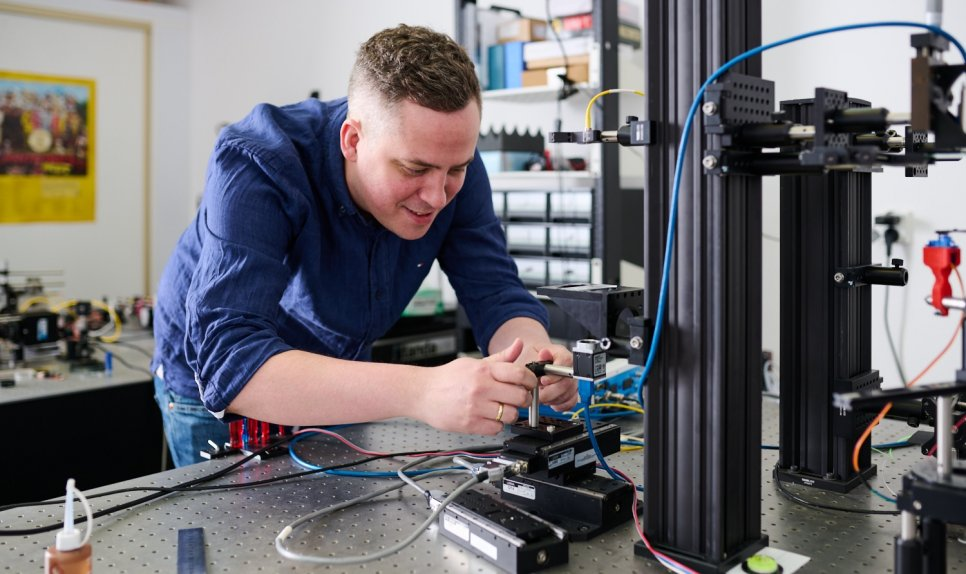
ph: Warsaw University of Technology
Dr Eng. Maciej Trusiak, Prof. of Warsaw University of Technology (PW), received the prestigious Starting Grants for a project entitled ‘Lensless label-free nanoscopy’ (NaNoLens) The project concerns the use of lensless holographic microscopy and deep ultraviolet radiation in high-throughput imaging of living cells.
Thanks to the ERC StG, Professor Trusiak and his team is be able to work on expanding the field of vision in this technology with the use of deep UV. Their 5-year project was awarded EUR 1.5 million.
ERC Proof of Concept Grant winners (2023)

ph: University of Warsaw
Prof. Katarzyna Marciniak from the Faculty of „Artes Liberales” UW received the first ERC Proof of Concept Grant in Polish humanities for the project “The Modern Argonauts: A Multicultural Educational Programme Preparing Young People for Contemporary Challenges through an Innovative Use of Classical Mythology”. The outcome of Prof. Marciniak’s grant will be an international educational programme that prepares pupils for the challenges of the present day through the innovative use of Greek and Roman mythology. The programme will be developed in the form of a free-access textbook with an interactive version.
The amount of funding is EUR150 000 for a period of 18 months.

ph: University of Warsaw
Dr hab. Piotr Sankowski, Professor at the Faculty of Mathematics, Informatics and Mechanics at the University of Warsaw and CEO IDEAS NCBR has been awarded an ERC Proof of Concept Grant.
Grant allows Piotr Sankowski and his team to perform basic research on Explainable AI to describe the algorithm decision-making process and to create a database library to help other scientists in developing improved AI solutions. This is the fourth time he has received an ERC grant, making him the first Polish scientist to receive so many grants from the ERC.
The amount of funding is EUR150 000 for a period of 18 months.
ERC Consolidator Grants winners (2023)
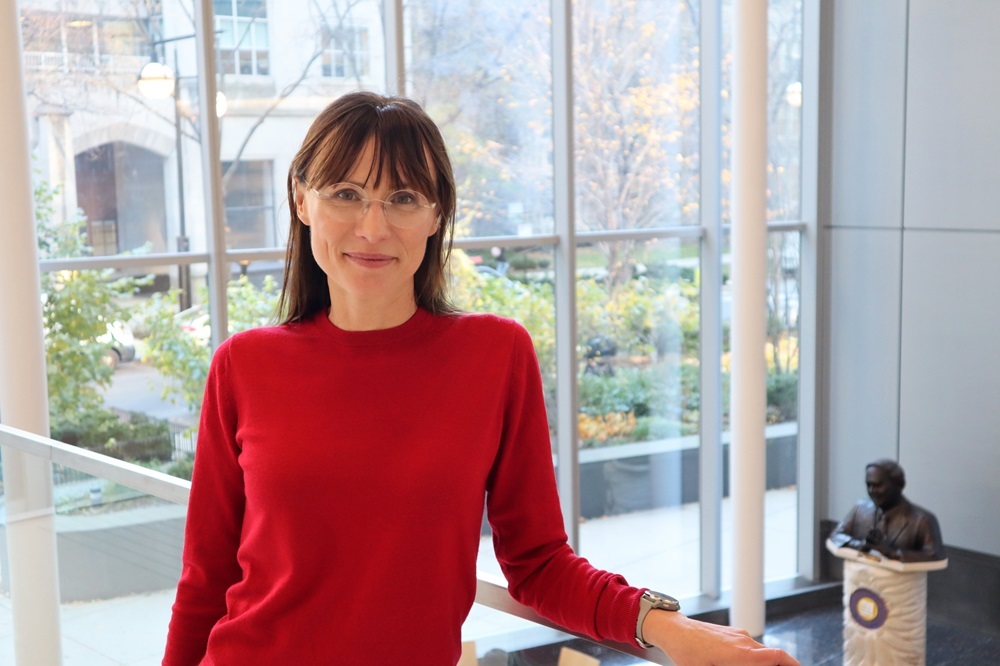
ph: University of Warsaw
Prof. Ewa Szczurek from the Faculty of Mathematics, Informatics and Mechanics at the UW will run the Deep optimised generation of antimicrobial peptides (DOG-AMP) project. It is concerned with generating new antimicrobial peptides (AMPs) which will be characterised by higher activity and lower toxicity than the existing ones. This project will enable more effective use of peptides in therapies and counteracting resistance to antimicrobial agents.
The DOG-AMP project will develop innovative artificial intelligence methods for deep optimised generation (DOG), which will make it possible to simultaneously optimise and generate new samples from the model. Prof. Szczurek will conduct the grant partly at the University of Warsaw (co-beneficiary) and at Helmholtz Munich (host institution).
Amount of funding: nearly EUR2 million
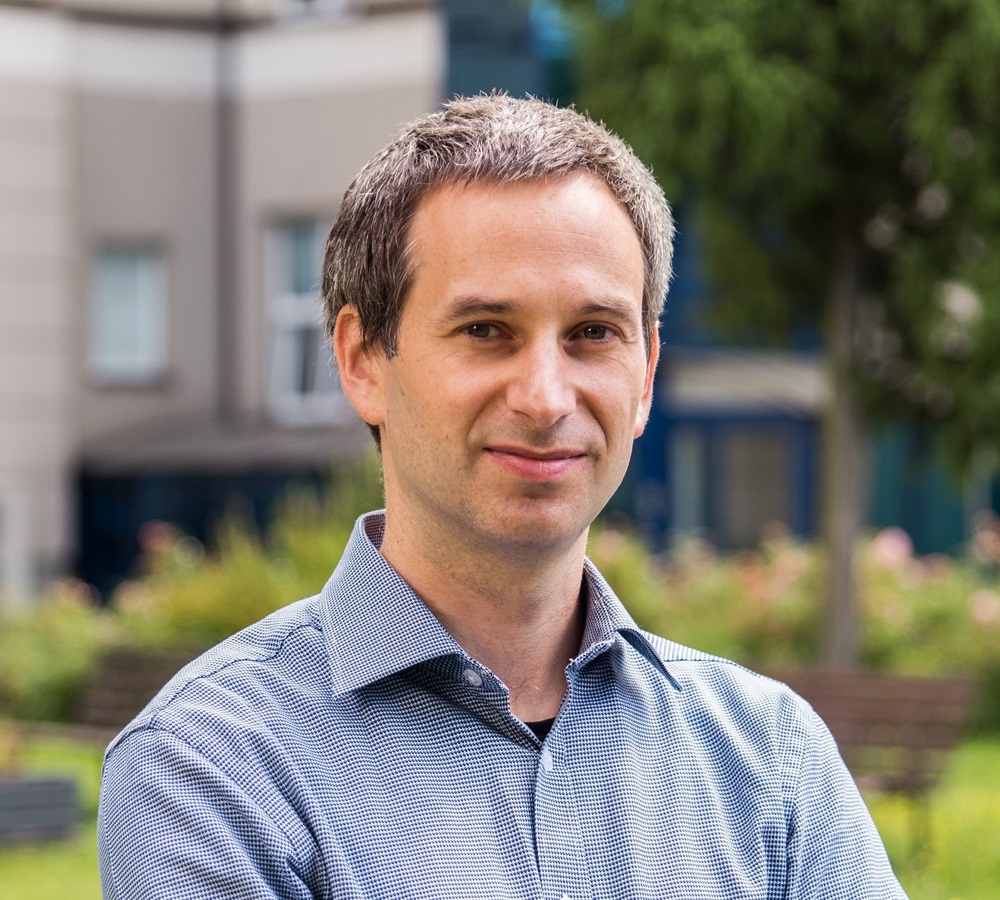
ph: University of Warsaw
Prof. Szymon Toruńczyk from the Faculty of Mathematics, Informatics and Mechanics, University of Warsaw, will run the Limits of Structural Tractability (BUKA) project. The aim of the project is to combine sparsity theory and twin-width theory into a unified theory of structural tractability. As a result, all tractable classes will be characterised. This requires developing a systematic understanding of the logical structure, which underlies algorithmic tractability. The research team will apply and develop tools which originate in graph structure theory, finite model theory, and stability theory.
The expected results will be of foundational nature, and of interest primarily to theoretical computer scientists, graph theorists, and logicians.
Amount of funding: EUR1.94 million.
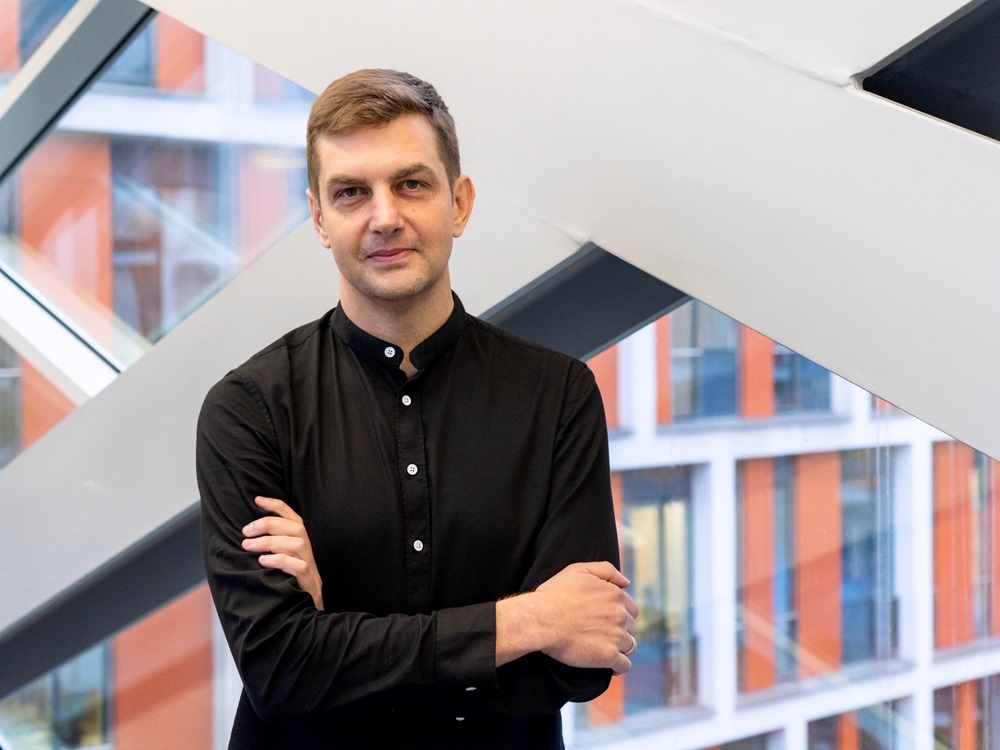
ph: University of Warsaw
Prof. Paweł Caputa from the Faculty of Physics, University of Warsaw, will conduct the Quantum Complexity from Quantum Field Theories to Quantum Gravity project. It aims to develop new tools, which will allow the researchers to chart the complexity frontier of quantum many-body systems, help them to understand thermalisation, and shed light on the behaviour of matter near cosmological singularities relevant to the early universe. Prof. Caputa plans to push the boundaries of understanding of quantum field theories and black holes.
Paweł Caputa is a beneficiary of the Polish Return Programme NAWA. Due to the programme, he got chance to carry out his research at the University of Warsaw. According to his words, the Polish Returns Programme NAWA enabled him to build and develop his project group at the University of Warsaw and to conduct research in very favourable conditions.
Amount of funding: over EUR 1.8 million
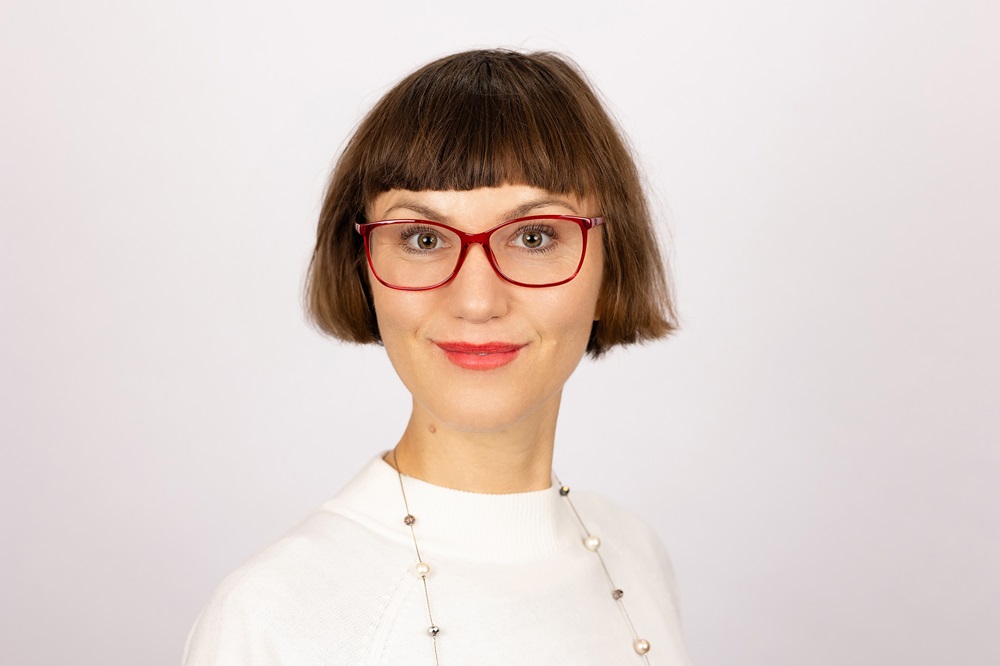
ph: University of Warsaw
Prof. Magdalena Wojcieszak from the UW’s Centre of Migration Research is also a winner of an ERC grant. The researcher will carry out the Incentivizing Citizen Exposure to Quality News Online: Framework and Tools (NEWSUSE) project.
It involves a model of factors influencing the consumption of news content published online. Prof. Wojcieszak intends to develop computational tools to support the study of interpersonal, social and algorithmic interactions in the process. The fields of content exploitation and the political context of online news use will also be taken into account.
Amount of funding: nearly EUR2 million
Read more about the researcher’s discoveries here>>
Congratulations to our researchers! We are also looking forward to the results of the Advanced Grant 2023, which will be announced in April 2024.
Source:
https://en.uw.edu.pl/algorithms-for-elections/
https://en.uw.edu.pl/what-is-teotl/
https://pwr.edu.pl/en/university/news/prestigious-erc-grant-for-our-scientist-10660.html
https://en.uw.edu.pl/first-erc-proof-of-concept-grant-in-polish-humanities/
https://ncn.gov.pl/en/aktualnosci/2023-05-31-czwarty-grant-erc-dla-laureata-nagrody-NCN
https://en.uw.edu.pl/four-new-erc-grants-for-uw-researchers/


